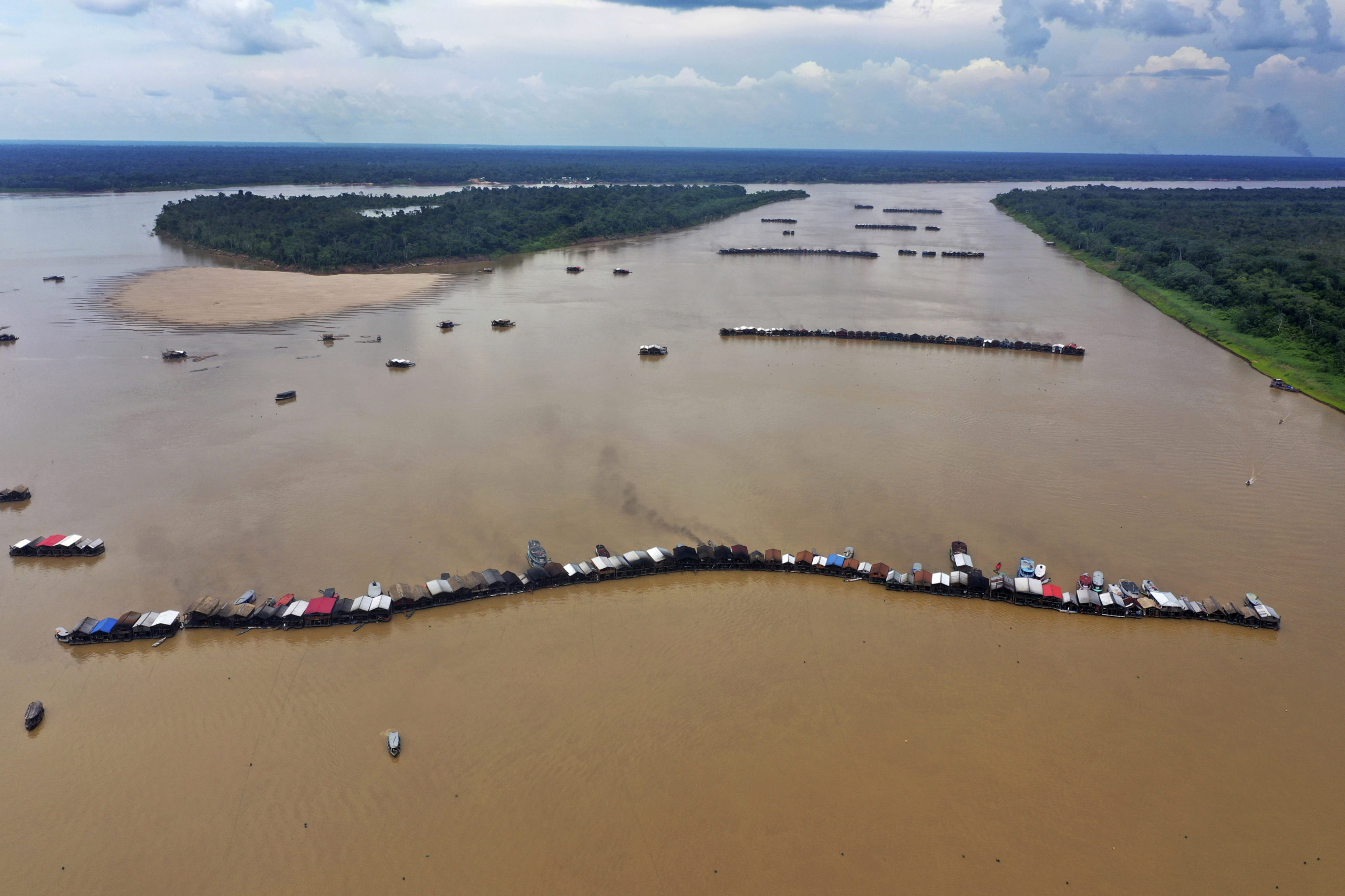Fabiano Maisonnave, NF ’16, on the importance of reporting on the rainforest’s destruction
I was about to attend a welcome meeting in a remote Arara tribe village when the call miraculously came in through the unreliable internet antennae. The connection lasted long enough for Peter Prengaman, climate and environmental editor for The Associated Press, to tell me I was selected to be the agency’s correspondent to the Amazon basin.
The next day, as photographer Lalo de Almeida and I continued our boat trip through the magnificent yet unknown Iriri River, the world’s largest rainforest seemed to ask: Which of my endless stories should you reveal to a much larger audience? Are you ready for a fresh start, to see me with new eyes?
In more than two decades as a reporter with Brazil’s newspaper Folha de S.Paulo, I have had the privilege to report from many fascinating and complex places, including living in Washington, D.C., Beijing, and Caracas. But none of them mesmerized me more than the Amazon.
So, in 2016, when I came back to Brazil from my Nieman fellowship, I asked my editors to go straight to Manaus and reopen the newspaper bureau in the Amazon, which had been closed the year before. Despite the high costs and budget restraints, they said yes.
Journalism is borne of friction. In the Amazon, the biggest sparks originate in the ongoing destruction of its mysterious beauty. More often than not, I feel like I have been covering a prolonged 16th century: My stories have dealt with illegal invasions of Indigenous territories, a gold rush, logging, and forest conversion to pasture through fire.
Instead of improving, all these colonial-era practices got worse after 2019, when far-right President Jair Bolsonaro took office and weakened Brazil’s environmental law enforcement and Indigenous rights, all in the name of economic development.
Many who live in the forest, along with scientists and policy makers worldwide, believe the planet can’t afford to lose its most biodiverse forest, invaluable Indigenous knowledge, and crucial carbon sink. Tribes who have lived in the forest for centuries are on the frontlines of resisting development pressures, from cutting to mining, and fighting for land rights and sustainable practices.
The Amazon is of global concern because life would be much worse without it. That’s the story I want to keep telling, and there’s nowhere better as part of AP’s new climate team, spreading around the world.




